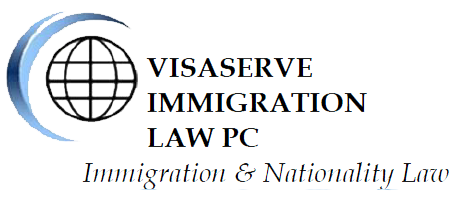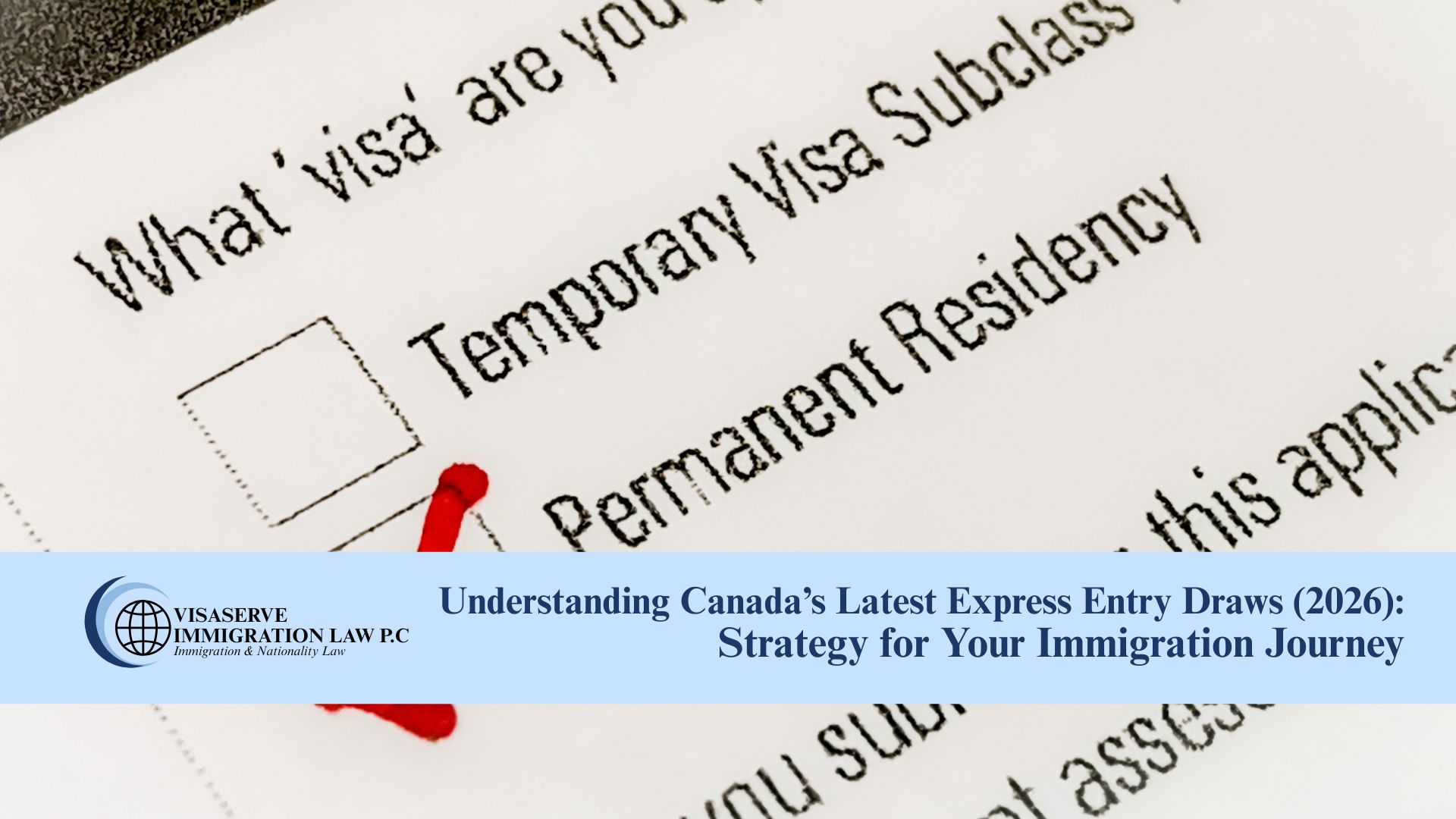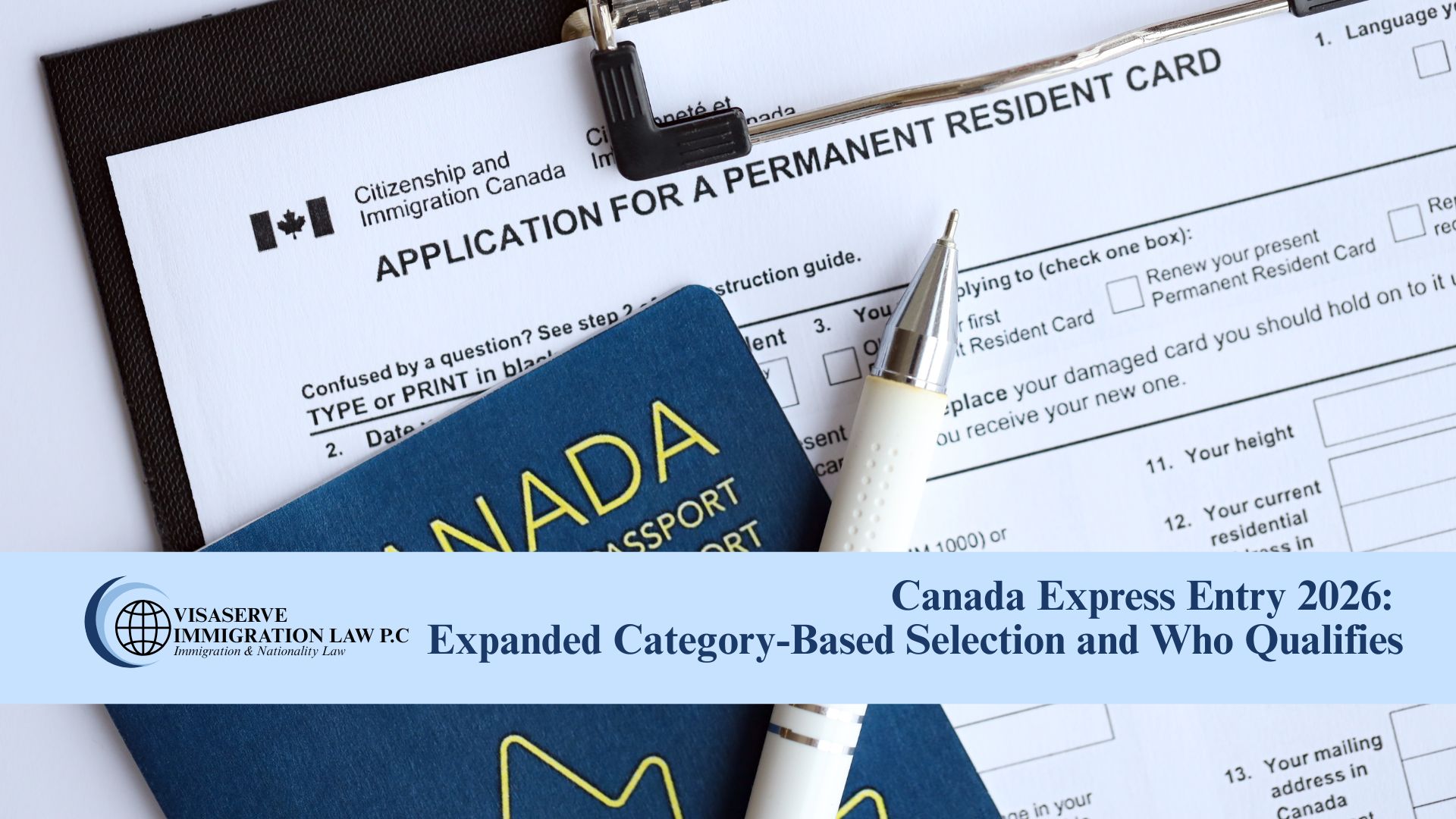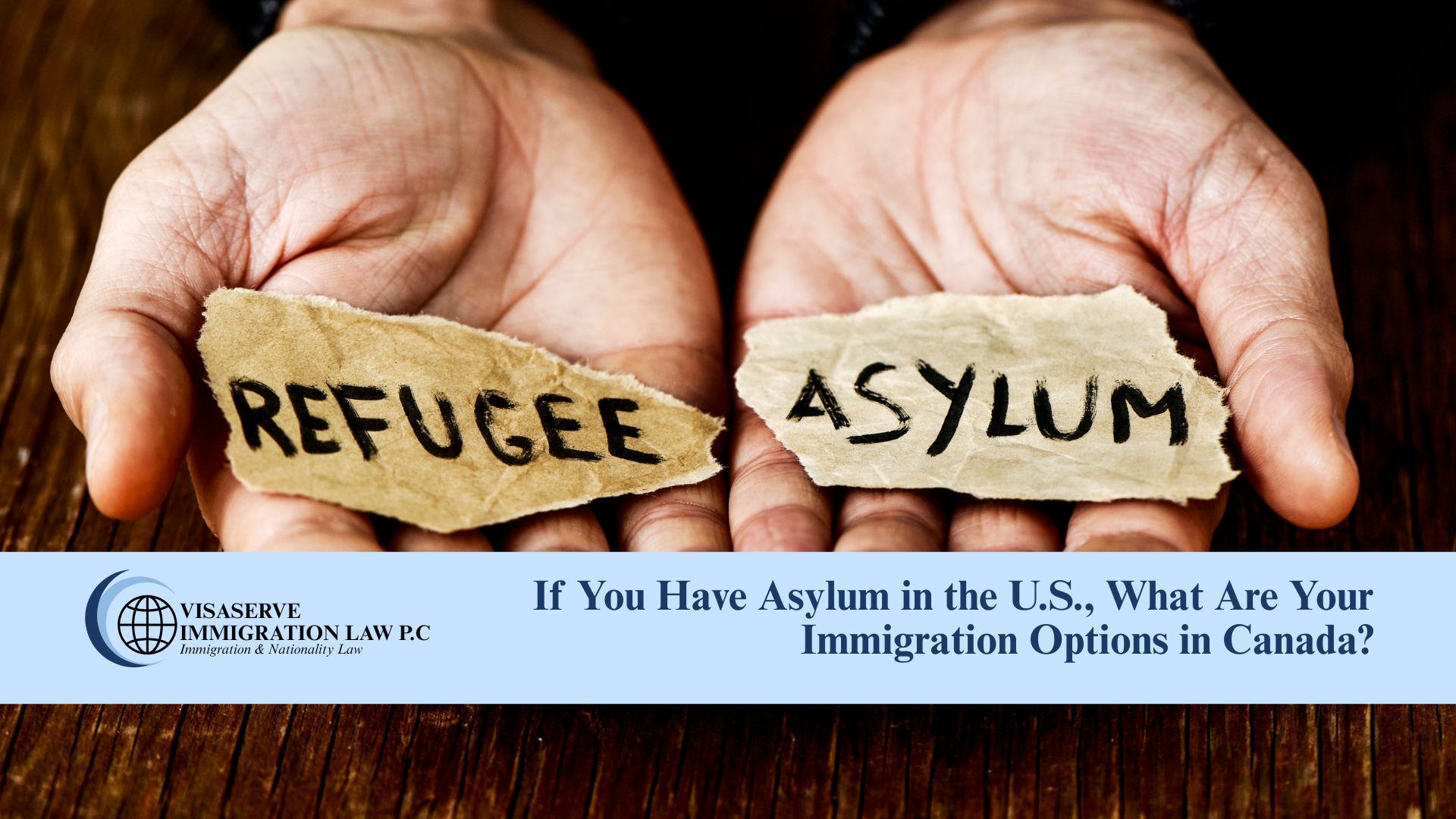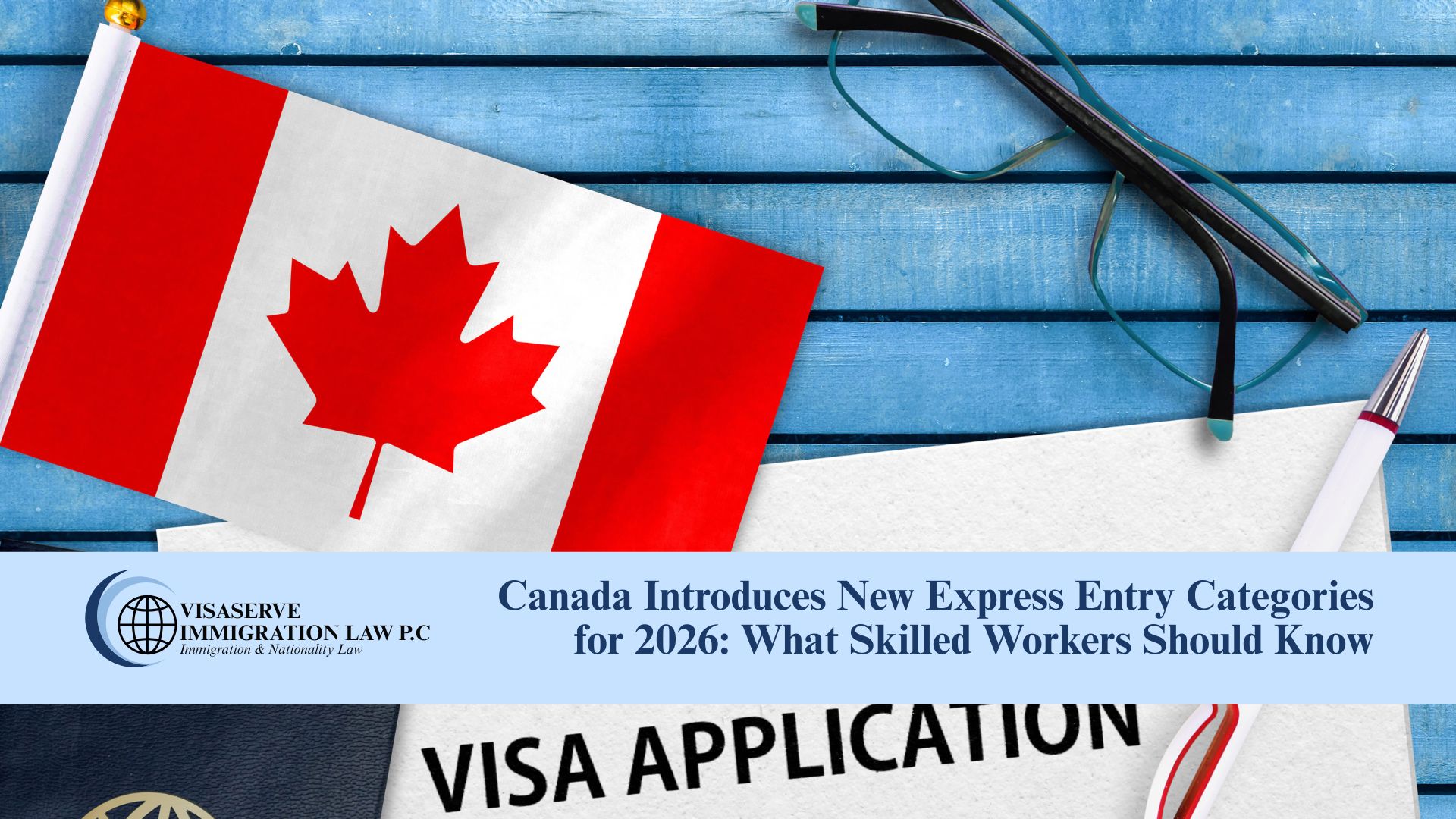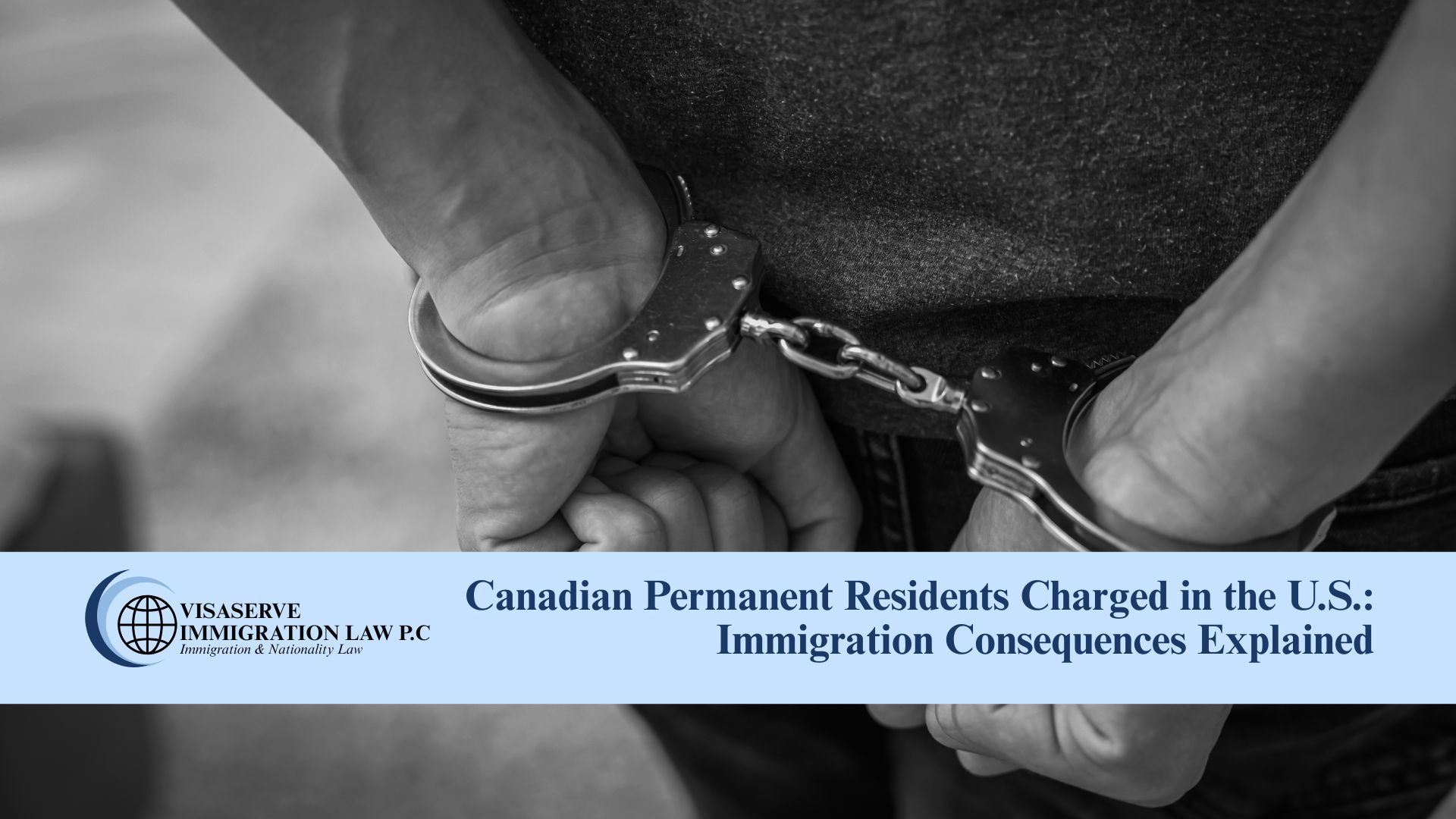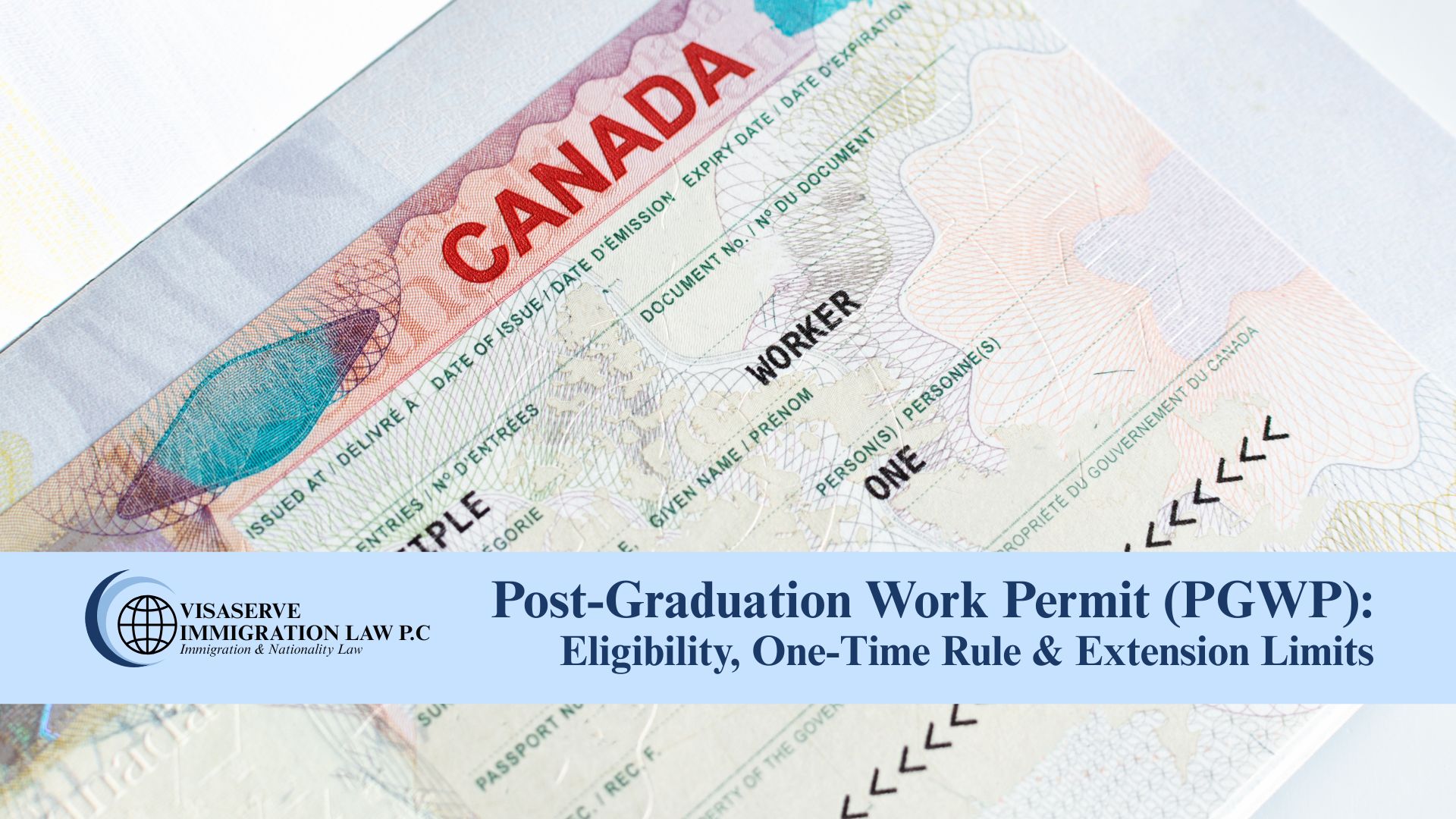When building your Express Entry profile, work experience is one of the most critical factors affecting your Comprehensive Ranking System (CRS) score. But if some of that foreign work experience happened while you were a full-time student abroad, does it still count?
The answer may surprise you: Yes—under certain conditions.
IRCC’s Clarification on Foreign Work Experience During Studies
In internal guidance obtained through an Access to Information request, Immigration, Refugees and Citizenship Canada (IRCC) confirmed that foreign work experience gained during full-time studies can count toward CRS points under the Skill Transferability Factors.
“Unlike the requirements for Canadian work experience, there is nothing to preclude a period of employment during which the foreign national was engaged in full-time study from being included in calculating a period of foreign work experience for purposes of assigning points for Skill Transferability factors.”
— IRCC, REP-2015-2203IMMRepH
Why Canadian and Foreign Experience Are Treated Differently
For Canadian Experience Class (CEC) eligibility and CRS points for Canadian work experience, IRCC excludes work done while the applicant was a full-time student in Canada. This is to ensure that domestic work experience reflects the applicant’s ability to work full-time in the Canadian labour market outside an academic program.
However, for foreign work experience, IRCC does not apply the same exclusion. This means:
-
Paid, skilled work abroad during full-time studies can be included.
-
The work must still meet the standard NOC skill requirements (NOC 0, A, or B) and be full-time (or equivalent in part-time hours).
How It Impacts Your CRS Score
Foreign work experience plays a role in two key CRS areas:
-
Core Human Capital Factors – Work experience abroad can boost your base score.
-
Skill Transferability Factors – You can earn up to 50 additional CRS points when combining qualifying foreign work experience with strong language scores or Canadian work experience.
For example:
-
If you have three years of foreign skilled work experience, even if part of it was during your university studies, it can still be counted—provided it meets the NOC and hours criteria.
-
This can make a decisive difference, especially for Federal Skilled Worker Program candidates without Canadian experience.
Documentation and Proof
IRCC will still require you to provide:
-
Detailed reference letters from your foreign employers
-
Proof of job duties aligning with your NOC code
-
Pay records or contracts to verify full-time (or equivalent) work
If your work overlapped with your studies, make sure the documentation clearly distinguishes it as paid, skilled work and not part of an unpaid internship or academic placement.
Key Takeaway
Foreign work experience during full-time studies is eligible for CRS points under the Skill Transferability Factors of Express Entry, provided it meets NOC, hours, and paid work requirements.
Don’t leave points on the table—many candidates miss this nuance and underreport their experience.
At Visaserve Immigration Law P.C., we guide clients in maximizing their CRS score by accurately presenting both Canadian and foreign work experience. We ensure your documentation meets IRCC standards and prevents costly omissions.
Contact us today to assess your Express Entry profile and see how your foreign work experience—during or after school—can help you qualify.
This blog post is based in part on internal correspondence obtained through an Access to Information request filed by immigration lawyer Steven Meurrens. We thank him for making these materials publicly accessible. Source: https://meurrensonimmigration.com/express-entry-imm-rep-qa/
